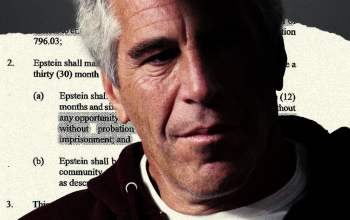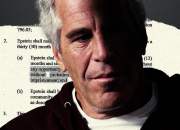The U.S.-Israeli alliance remains “very strong,” according to Secretary of State Marco Rubio, despite Washington’s unease following Israel’s recent strike in Doha, Qatar. The attack, aimed at Hamas leadership, has unsettled diplomatic efforts in the region, but Rubio stressed that it will not weaken America’s commitment to Israel’s security.
Israel’s Strike in Doha
Earlier this week, Israeli forces carried out a targeted strike in Doha, reportedly seeking to eliminate senior Hamas operatives. While Israel has not confirmed the full outcome, reports suggest the strike may not have killed its intended targets. The incident has sparked concern among regional partners, particularly Qatar, which plays a key mediating role in ongoing ceasefire and hostage negotiations with Hamas.
Rubio: Strong Alliance Despite Disagreements
Speaking to reporters, Rubio acknowledged that the U.S. was “not happy” about the strike’s timing or location. Nevertheless, he insisted that the broader partnership remains intact:
“The U.S.-Israeli relationship is very strong. It continues to be, and it will continue to be,” Rubio said.
He emphasized that while Washington may object to certain military tactics, the strategic alliance with Israel is non-negotiable. Rubio confirmed that discussions are underway with Israeli officials to evaluate the strike’s impact on regional diplomacy.
Concerns Over Diplomacy and Mediation
The U.S. reaction reflects a careful balancing act. On one hand, Washington continues to affirm Israel’s right to self-defense. On the other, officials fear that striking targets in Doha could undermine Qatar’s role as a neutral mediator in negotiations to secure a Gaza ceasefire and facilitate hostage releases.
Analysts warn that if Qatar withdraws or scales back its involvement, diplomatic efforts could stall, prolonging the conflict and complicating U.S. objectives in the region.
Regional and International Reactions
The strike has drawn mixed responses. Some Israeli allies argue that Hamas leaders must be held accountable wherever they operate. Others, particularly Arab states, view the move as destabilizing, especially given Doha’s role in diplomacy.
The United States, meanwhile, is attempting to reassure both Israel and its Gulf allies. By reaffirming strong U.S.-Israel ties while acknowledging concerns, Rubio is signaling that Washington’s support for Israel is firm, but not unconditional when it comes to tactics that jeopardize broader diplomatic goals.
Looking Ahead
The Doha incident highlights the enduring challenges of U.S. policy in the Middle East: balancing unwavering support for Israel’s security with the need to maintain credibility as a diplomatic broker. Rubio’s remarks suggest that while the alliance remains unshaken, Washington will press Israel to consider the broader consequences of its military actions.
For now, the U.S.-Israeli relationship continues to be defined by strategic strength, occasional friction, and complex regional realities—a partnership tested but not broken by the latest strike.









